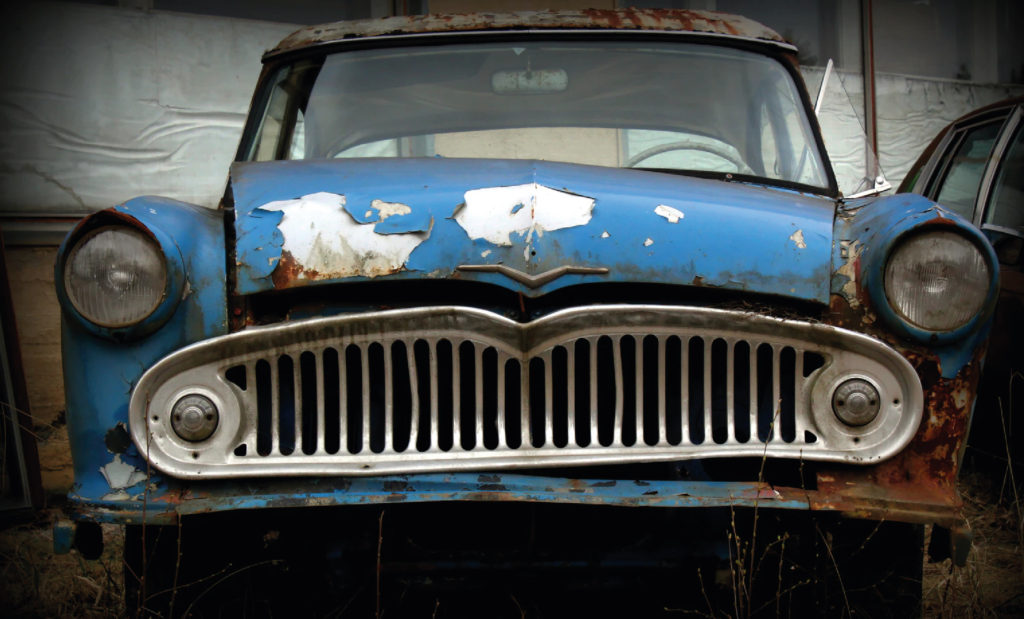
Defra published the new Waste Management Plan for England in January 2021, the latest instalment in the series that sets out the country’s approach to domestic and commercial waste for the next six years.
It covers all aspects of domestic and commercial waste management, but we’re particularly interested in what it has to say about scrap cars, metal recycling, and a thing called the ‘waste hierarchy’.
What is the waste hierarchy?
The waste hierarchy gets its own section in Defra’s report. In essence, it lists in order of preference the different ways to deal with waste materials:
1. Prevention – using less materials at all
2. Reuse – cleaning, repairing and reusing spare parts
3. Recycling – turning the material into something new
4. Recovery – e.g. energy recovery by incineration
5. Disposal – sending materials to landfill sites
Over time, more waste materials are moving towards the top of this list, and while of course you can’t avoid using any materials at all, you can prioritise their reuse as spare parts, or responsible dismantling for recycling.
Scrap cars and commercial vehicles
Defra reports that in 2016, nearly 4% of commercial and industrial waste was in the form of ‘discarded vehicles’. Amazingly, that’s more than the nearly 3% of commercial waste that was made of plastic.
Whether it’s a commercial vehicle or a householder’s scrap car, disposing of vehicles in an environmentally friendly way should always be a priority, and there are strict regulations in place to ensure scrap cars are dismantled only at an Authorised Treatment Facility.
There are also Extended Producer Responsibilities in place for end-of-life vehicles, which means manufacturers must design vehicles in a way that makes it easier to reuse them or to recycle the materials used.
Defra are looking to introduce an EPR for manufacturers of vehicle tyres – from cars and motorbikes, to commercial vehicles and heavy plant – in the first half of the 2020s.
Metal recycling in England
An even greater amount of commercial waste is metal – about 10% in total – which includes about 8% of all waste generated by construction and demolition work.
Producer Responsibility Regulations on packaging waste have encouraged manufacturers to increase recycling rates of the packaging they use when shipping products, but these targets are due to end next year.
Defra will be consulting in 2021 on what to do next, so by the end of the year we could find we have new long-term targets in place for even more scrap metal recycling, as well as materials like plastic, glass and paper used in packaging.
Do your bit
At J Davidson Scrap we work hard to dispose of materials correctly, whether it’s scrap metal recycling, scrap car disposal, or commercial skip hire and factory clearance.
With recycling targets likely to rise once the consultation ends this year, we will be looking to support businesses even further in meeting and exceeding those targets.
And as always, if you have a scrap car to sell or scrap metal to recycle, we will aim to pay the best prices in the north-west in recognition of the value of those materials once they are processed and ready to reuse.





